What is BDI
The Basic Data Infrastructure (BDI) is a decentralized system designed to help different organizations, especially in the logistics sector, share data safely and efficiently. Think of BDI as a giant, organized library where various entities, such as businesses and government agencies, can securely store their data and access data from others. This “library” operates under strict rules to ensure that only the right people have access to the right data, maintaining high levels of security and privacy.
A key feature of BDI is its decentralized nature. Instead of a single central authority controlling everything, BDI consists of many interconnected services that work together. These services share information and coordinate efforts to ensure the system runs smoothly. These services are run by multiple organizations, making BDI a federated system. This decentralized setup makes BDI more flexible and resilient, allowing it to easily adapt to new participants and evolving needs while consistently upholding rigorous security and trust standards.
Within this system, each participant is assigned a unique identity, similar to a library card, which is used to verify their identity. When an organization wants to access or share data, they use this identity for authentication and authorization. BDI employs digital keys and signatures to verify these identities, ensuring that only authorized participants can view or use the data. This process is overseen by a set of registers that track who each participant is and what permissions they have, similar to how a librarian checks if you have the right library card to borrow a book and whether you have been paying your dues.
In summary, BDI enables secure and efficient data sharing across organizations, supported by a decentralized structure that fosters flexibility, resilience, and trust.
